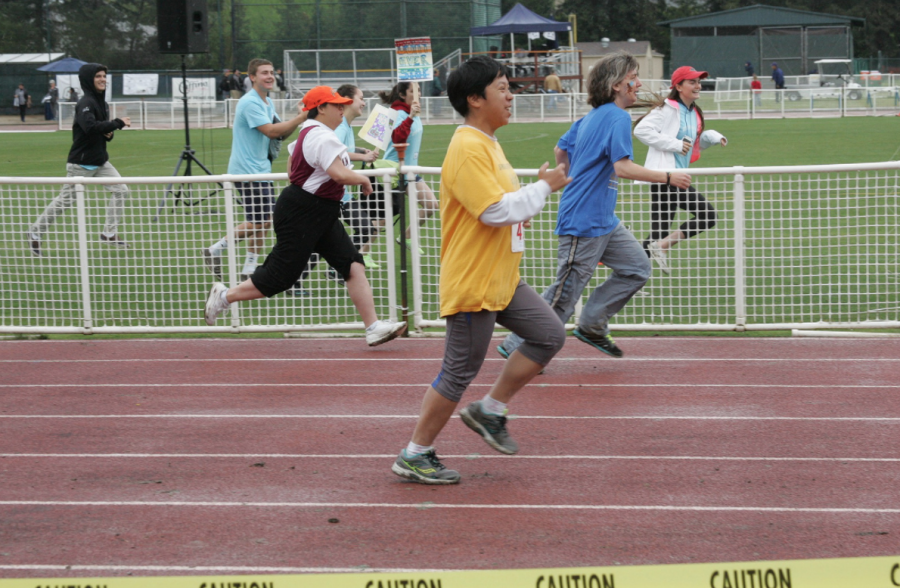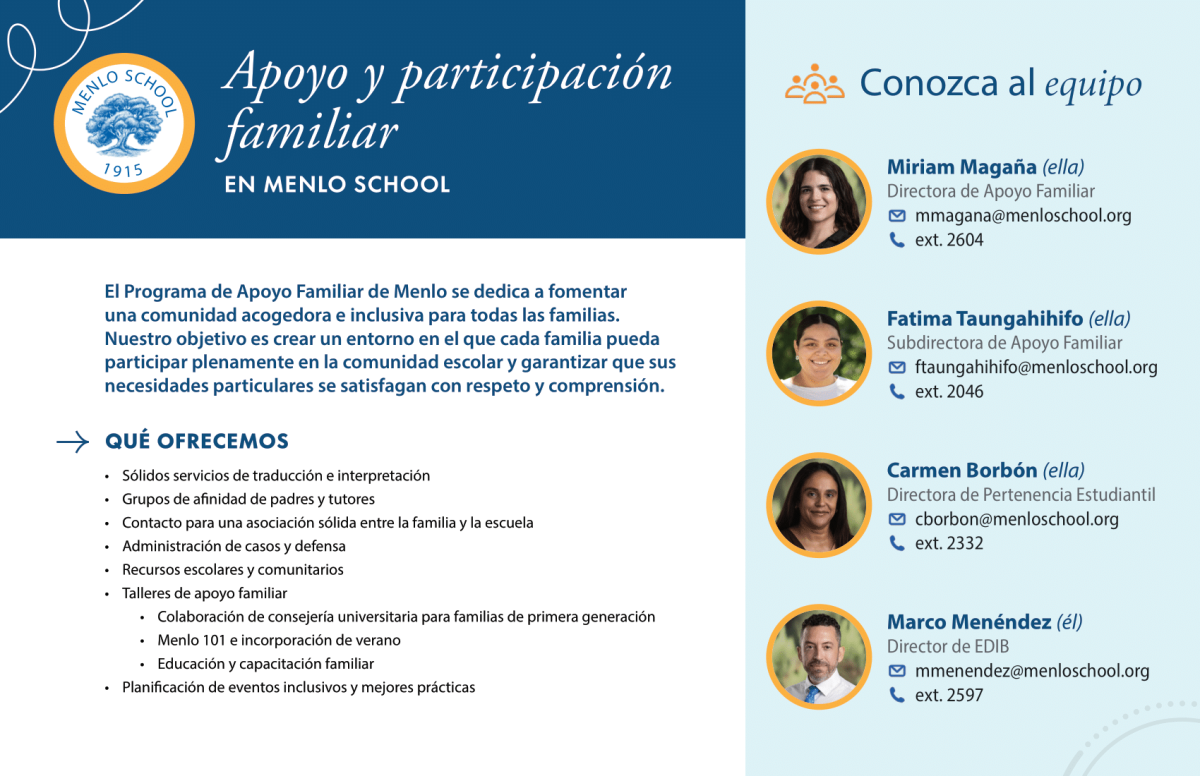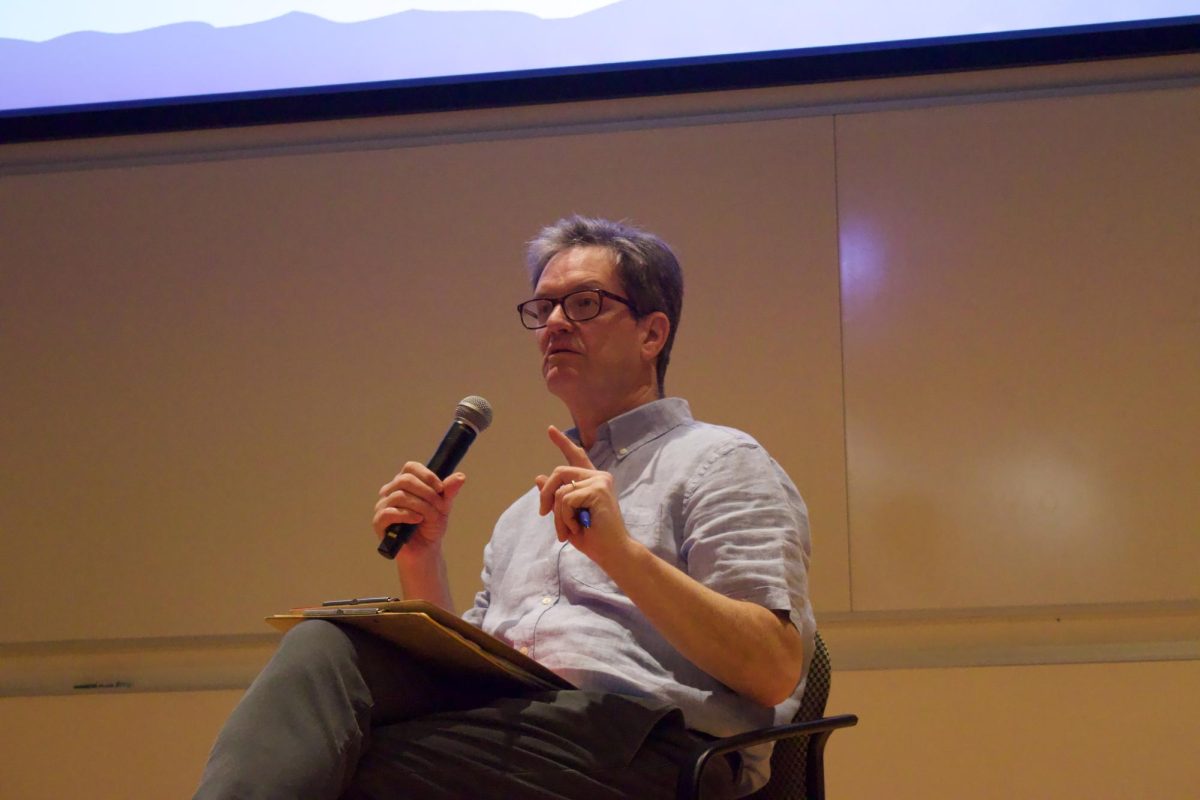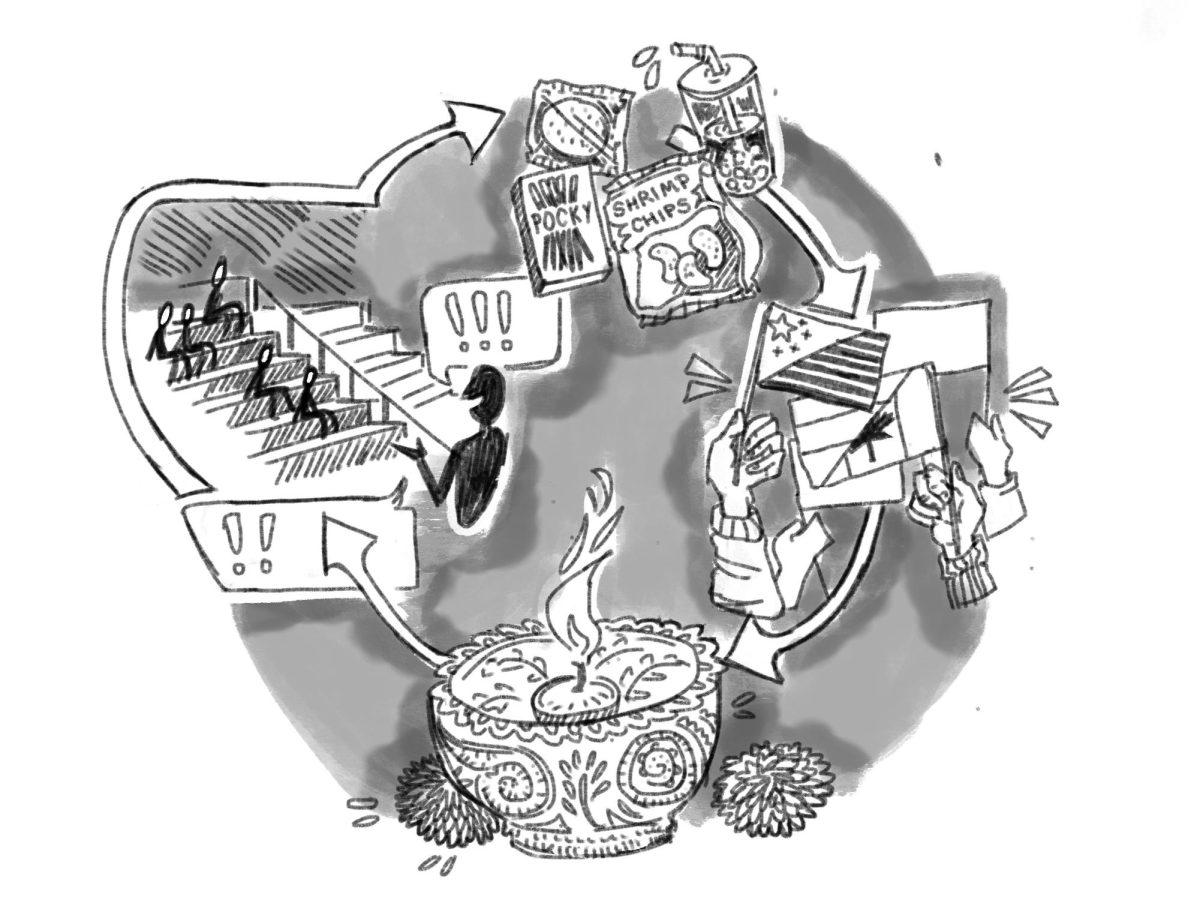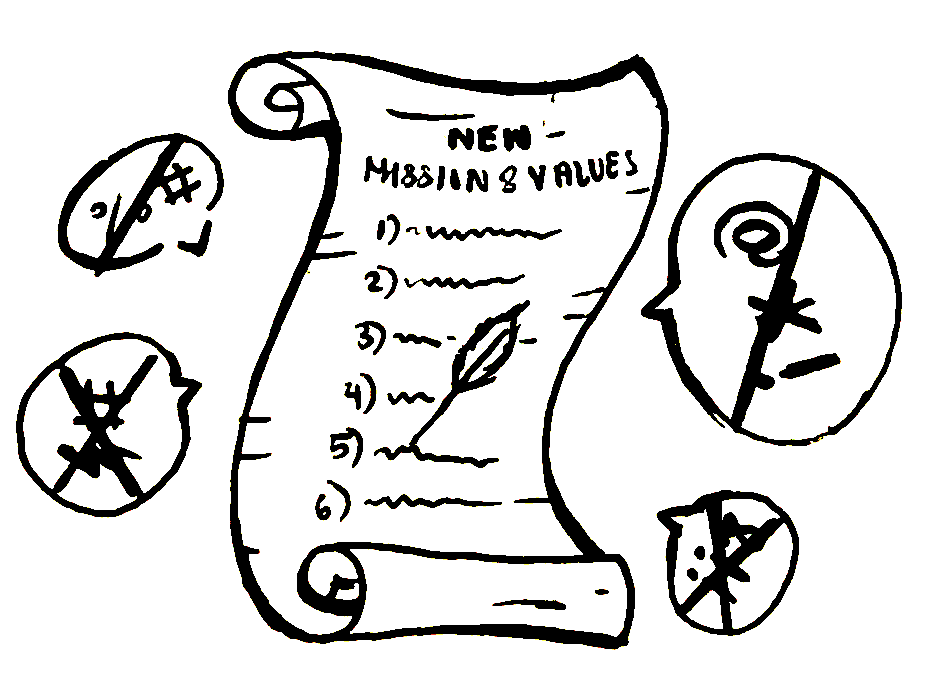As the 2017 Special Olympics came to a conclusion last weekend, many wonder what it’s like to train a Special Olympics athlete. Read below to find out more. Photo courtesy of Robert Tomkinson.
By Shelby Rende
Coaches of the Special Olympics spend months training and coaching athletes to compete and perform their best. People who prep the participants are invested in the athletes’ futures and how the Special Olympics affects the rest of their lives.
“The athletes really enjoy being a part of the community and the theme or something that they really enjoy to note is that it is an outlet for them to get out and mingle,” Special Olympics coach Dave Pagano said.
Pagano has been coaching Special Olympics for 26 years now. He started when he was 30 in 1991 when he saw an ad in football game. He coaches long distance running, track, and bocce ball. Pagano admires his athletes for their courage and their determination.
Special Olympics coach Katie Talbot, is also inspired by her athletes determination. “Is an incredibly rewarding experience but watching the determination the Special Olympics athletes causes personal determination so that you are inspired to push yourself beyond what you think you can do,” Talbot said.
Talbot found the Special Olympics through her son, who is an athlete. When she works as a teacher in her day to day life, she draws a connection between the athletes and her students. “It’s not much different, there’s always different levels determination in the classroom and there’s different levels of ‘Oh, I don’t really want to be here.’ It’s not universal that every athlete is going all out but most of them are,” Talbot said.
Pagano explained how the Special Olympics is more than athletics and shows more of the athlete’s character. Instead of continuing on in a race, Pagano teaches his athletes to help others. During a regional meet, athlete Josh Ho put his victory on the line to help his competitor. “With [the summer games] on the line, Josh saw a guy next to him who had fell and he stopped his race and went back and he finished his race,” Pagano said.
Melanie Kakalec, a Special Olympics coach, spoke about her experience with the Special Olympics and how the determination that the athletes use help her put her life into perspective. “The athletes are not concerned with the petty things that I sit and worry about, so it helps me to think about the bigger picture and all the positives that there are,” Kakalec said.
Although there are many wonderful things about the Special Olympics, Pagano said the hardest part is the lull of donations in the last 15 years and the administrative work. “We have to make sure the coaches are certified, the volunteers are registered and the athletes have a current medicals both for their safety and to cover Special Olympics liability. […] In track meets I have 40-50 athletes that I have to register and put their names in boxes,” Pagano said.
Although their is hardships in being a Special Olympics coach, Kakalec spoke about how the Special Olympics serve as an escape and their are very few hardships. “We really enjoy it so for us it is kinda an escape, and so it gives and sense of inspiration and joy watching the athletes sportsmanship, friendship, and courage.”
Many athletes are excited because the Menlo meet is the highlight of the athlete’s season. Athletes come together from ages eight to eighty to compete at the Menlo Special Olympics.
“The Menlo meet is always the high point of all our seasons because it really brings the community together of the athletes and everybody, and the [middle] school still participates with the village. It is a beautiful mixture of everybody getting together and having a great time.” Pagano said.


